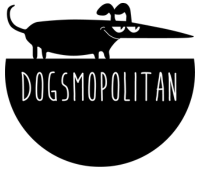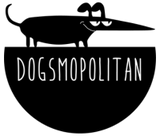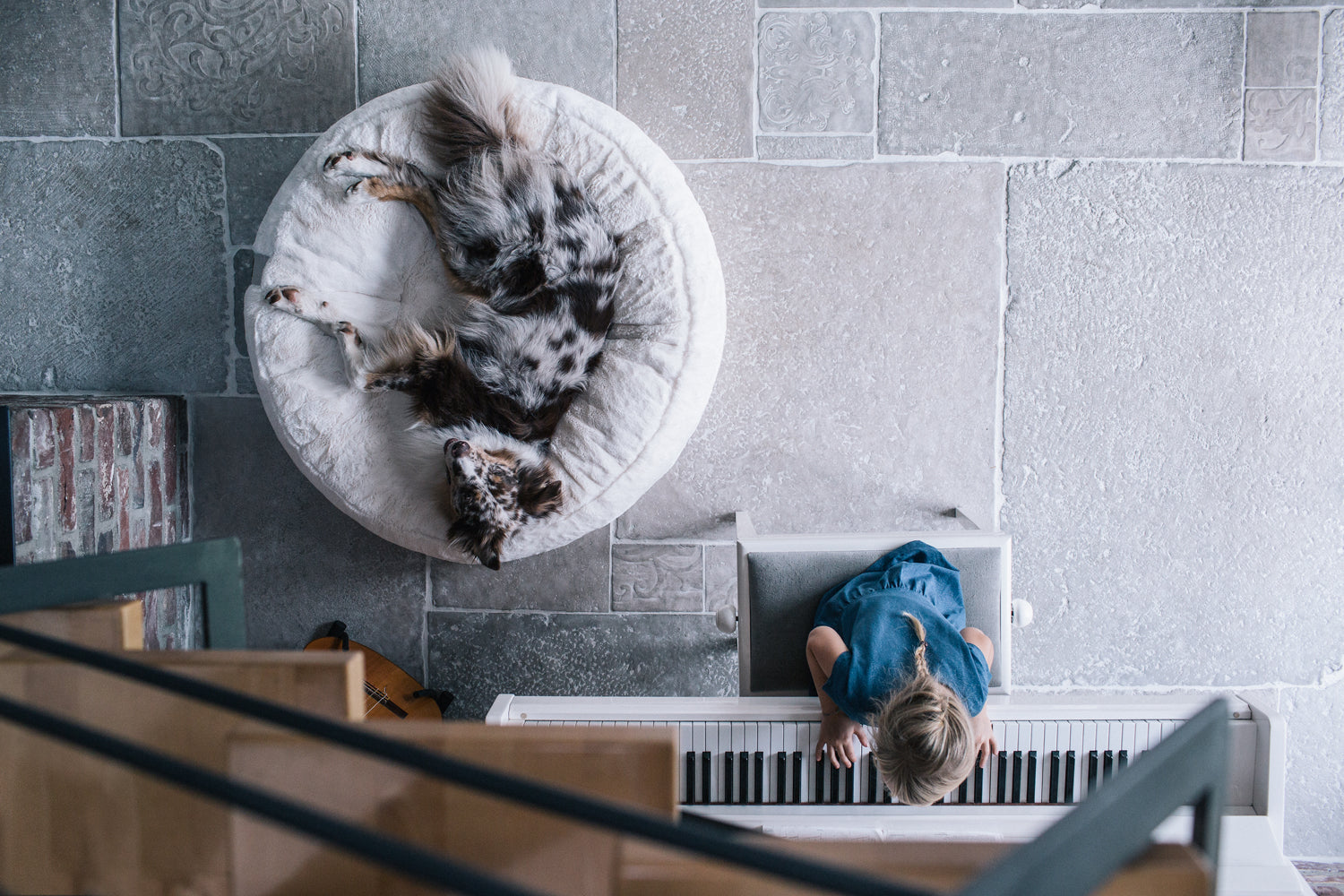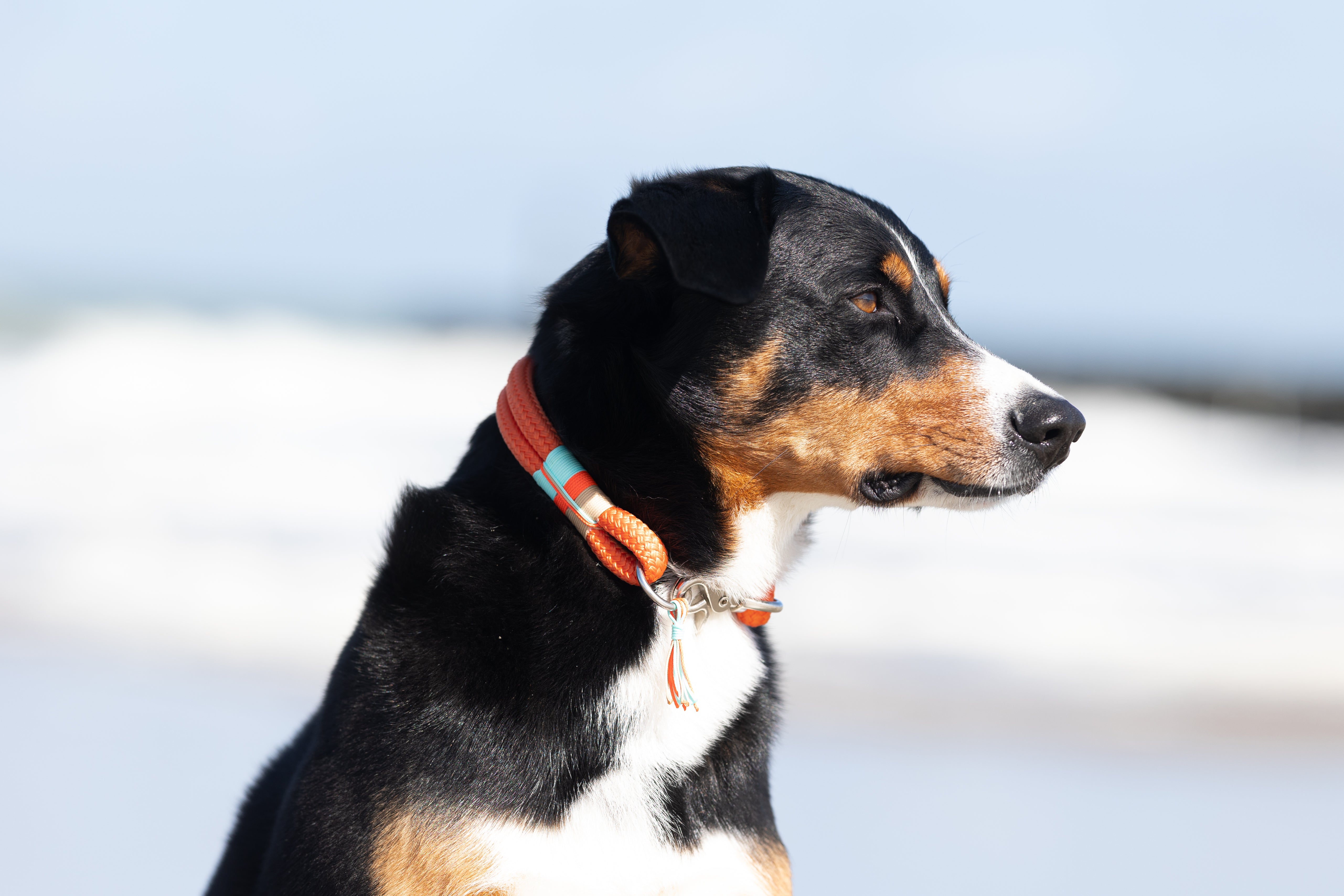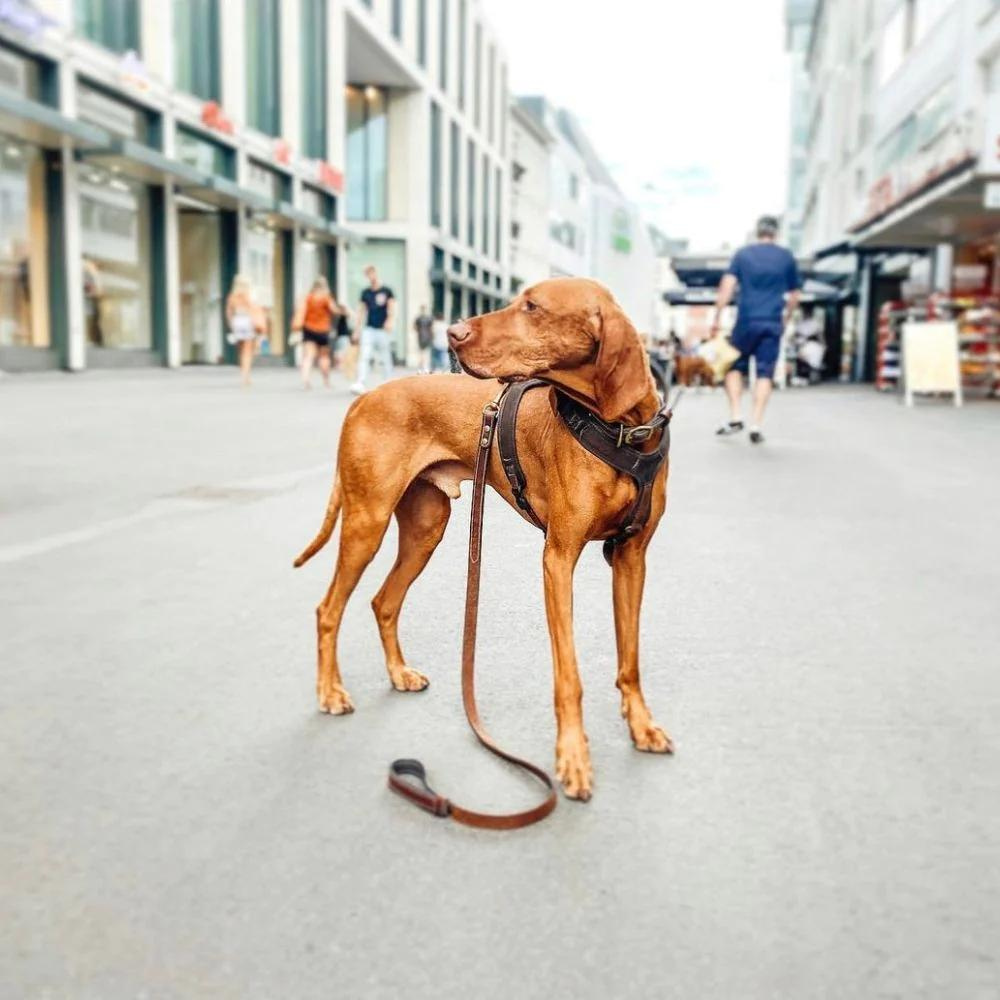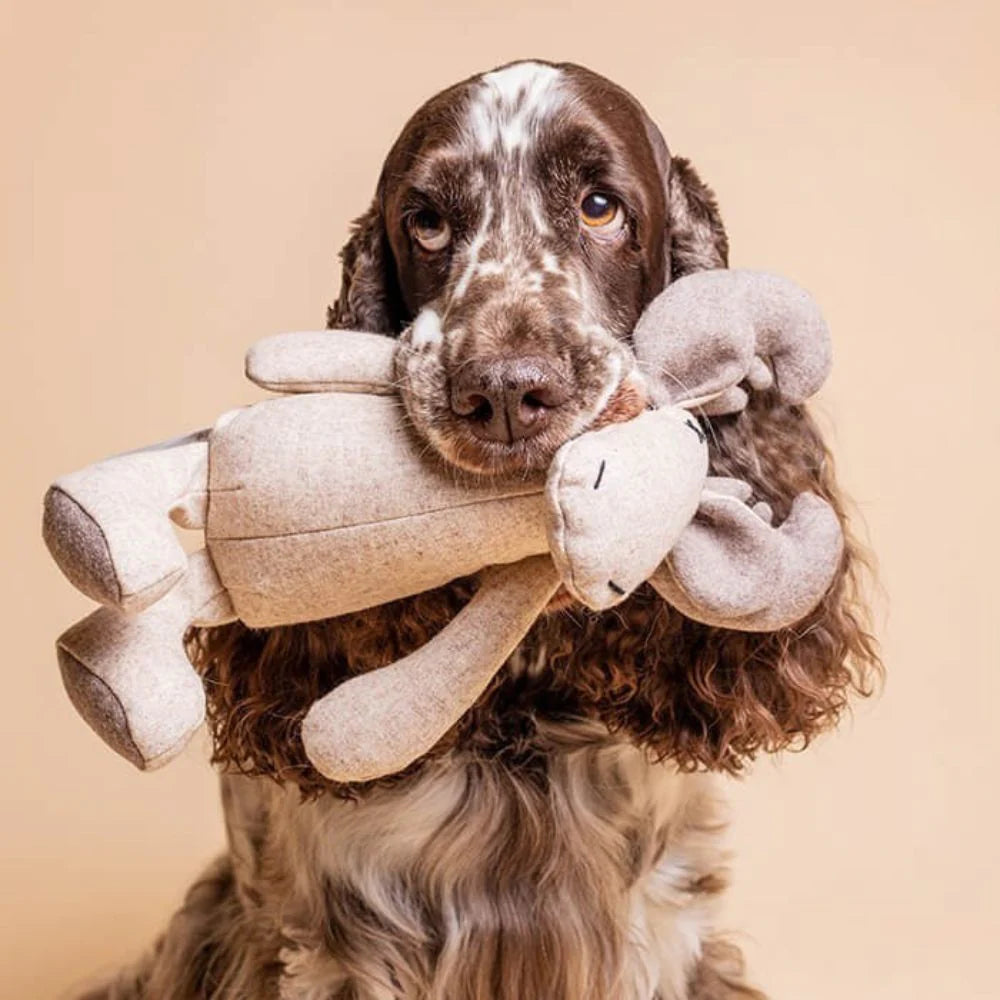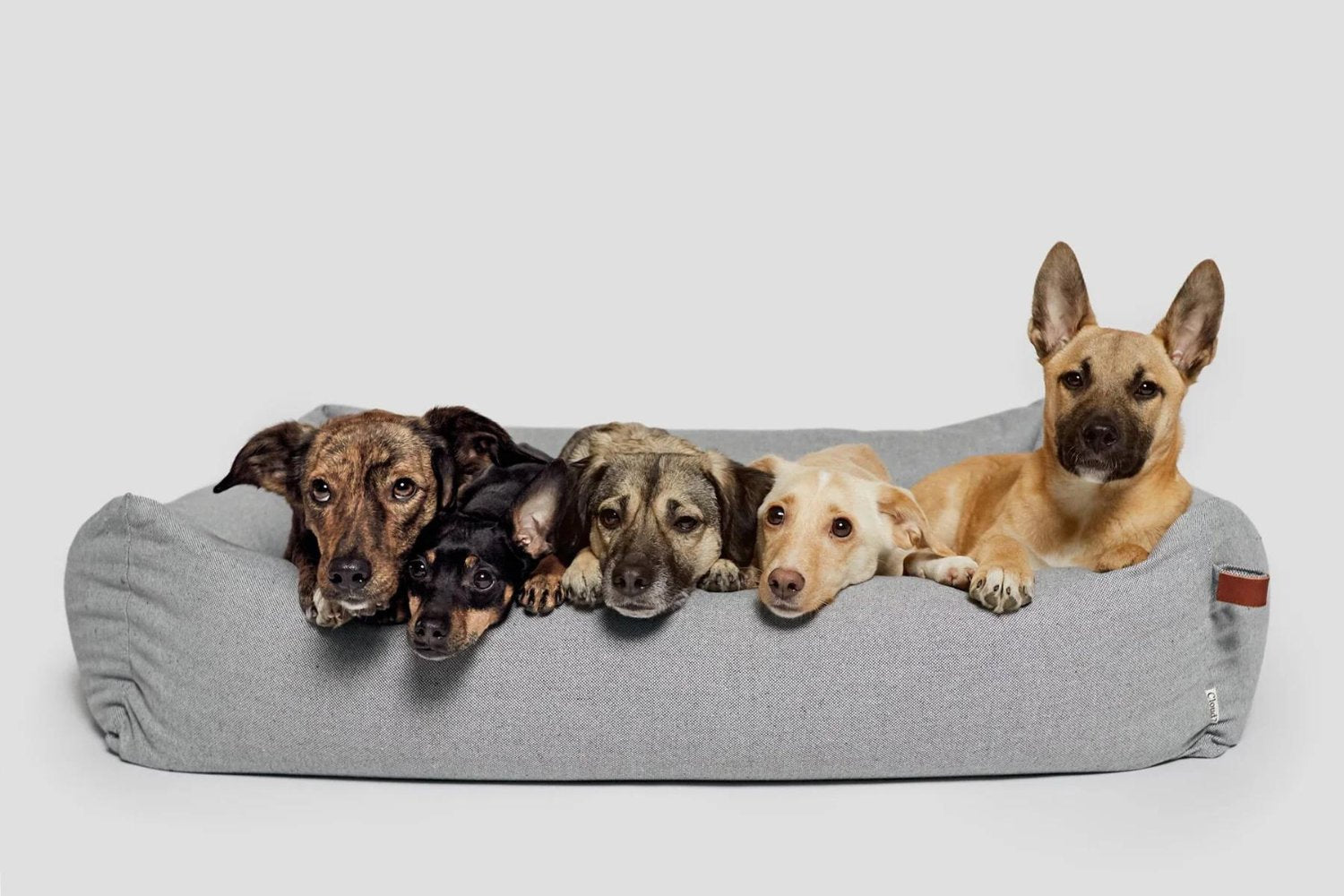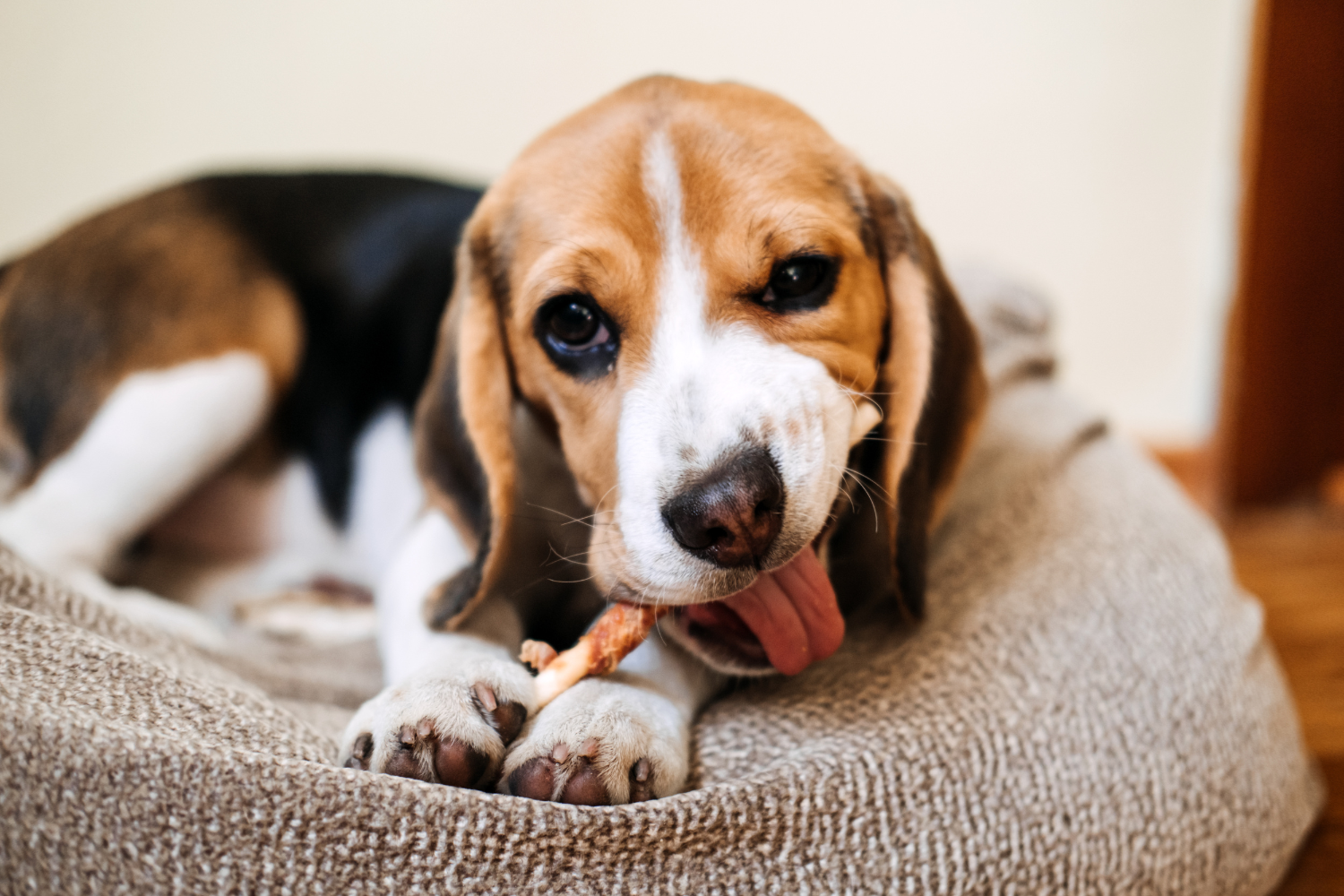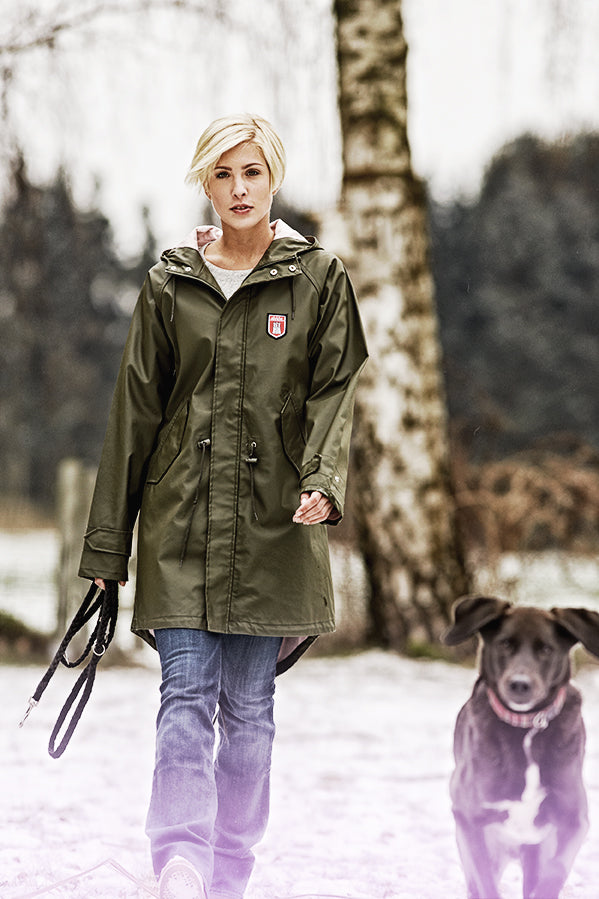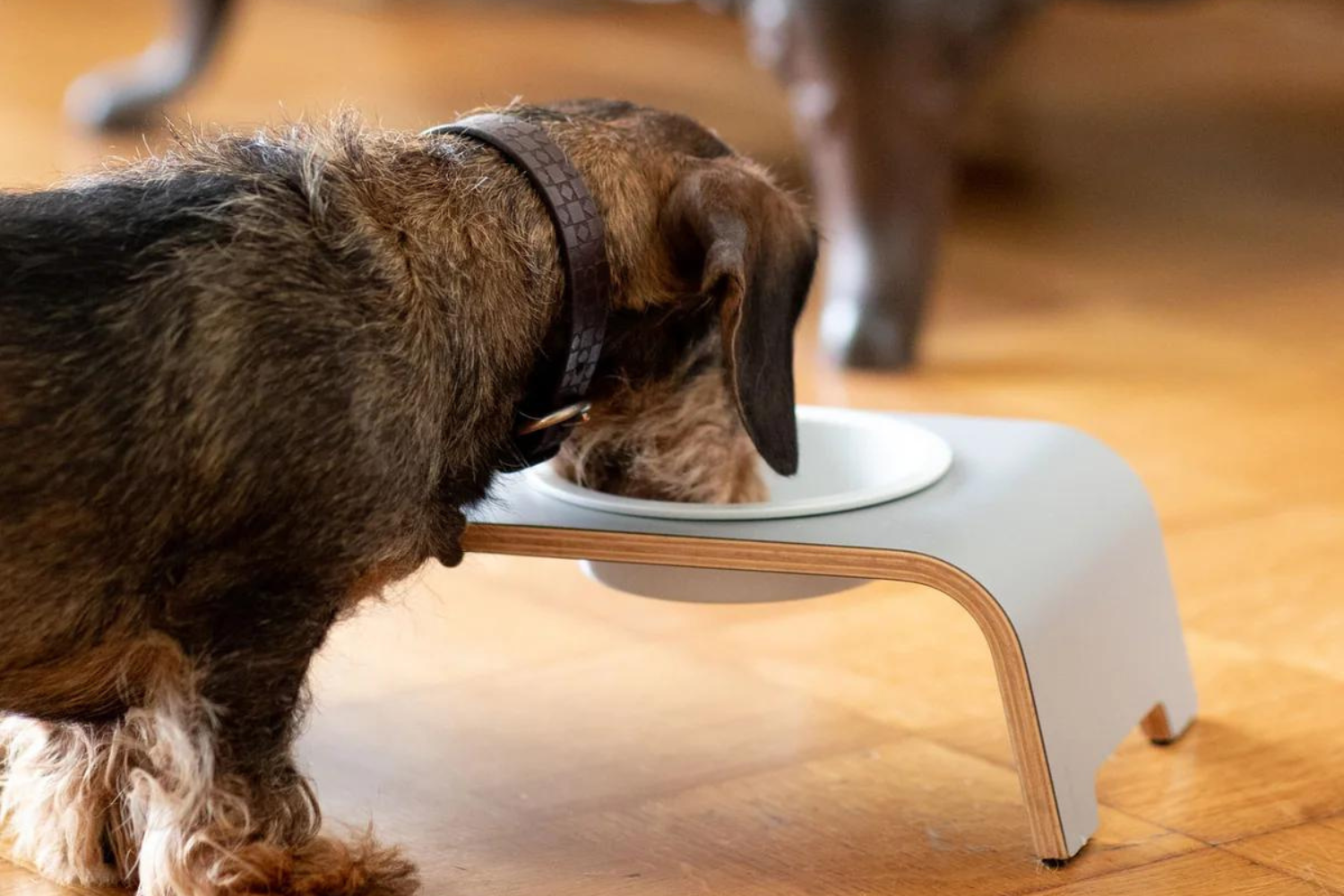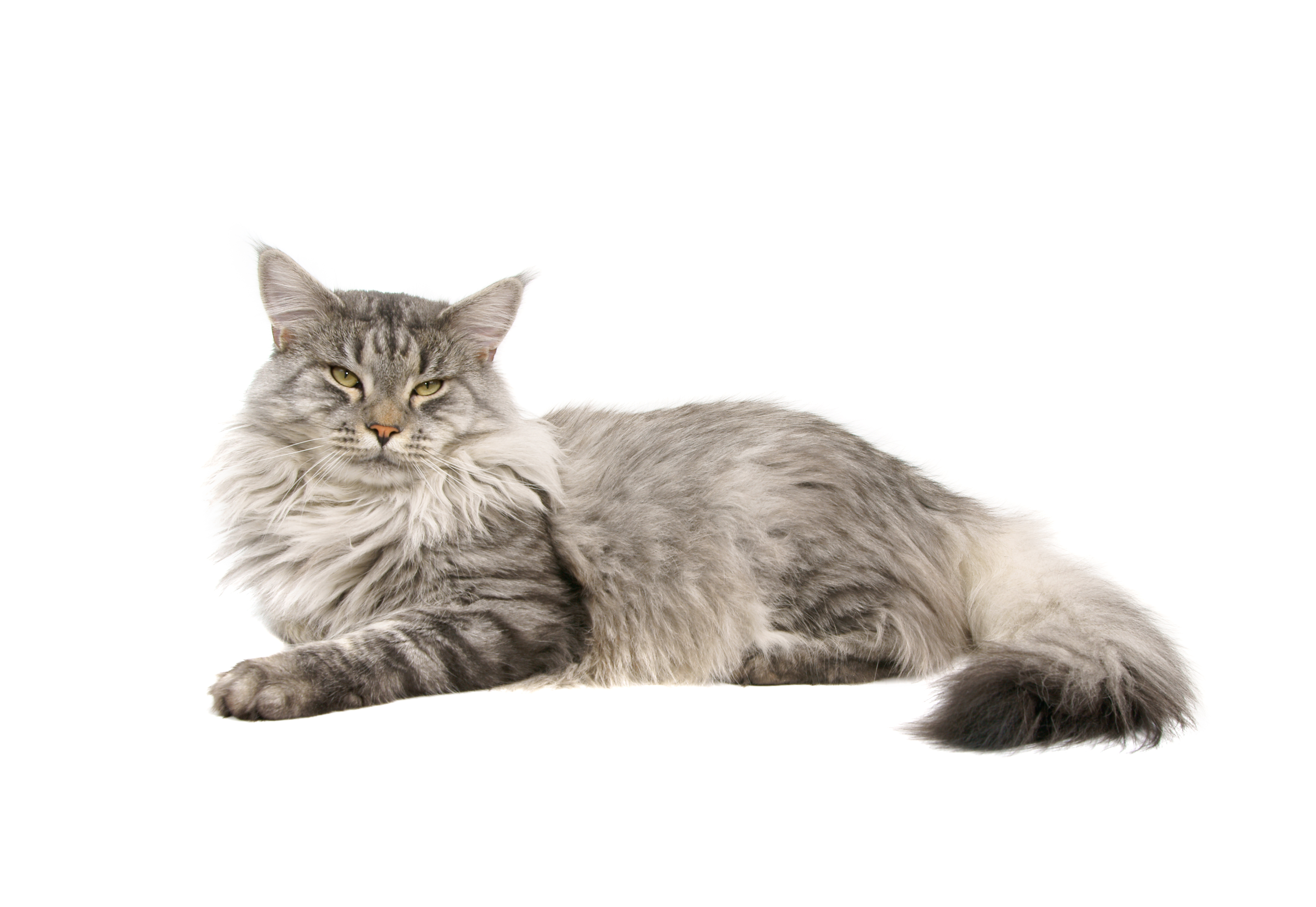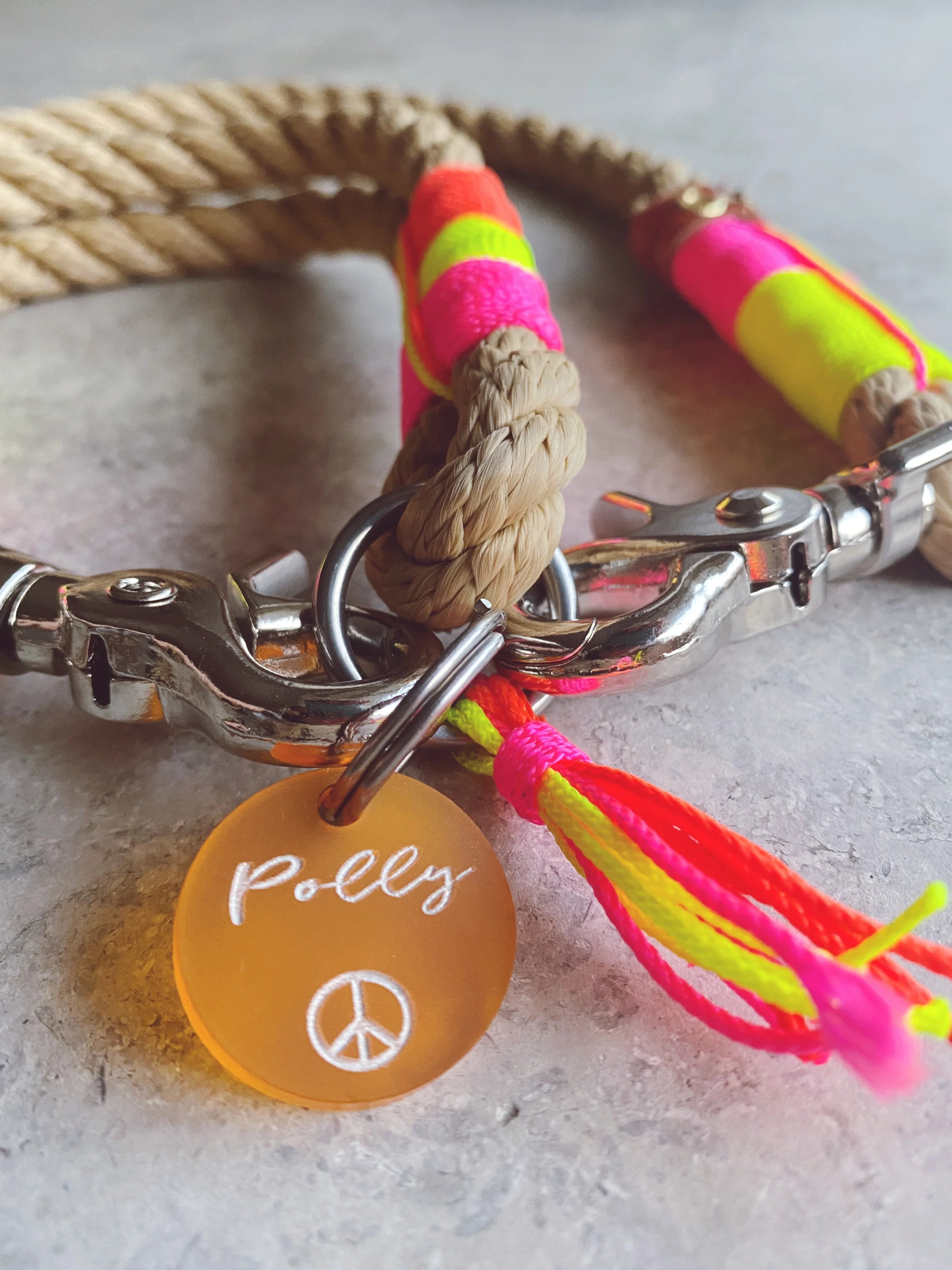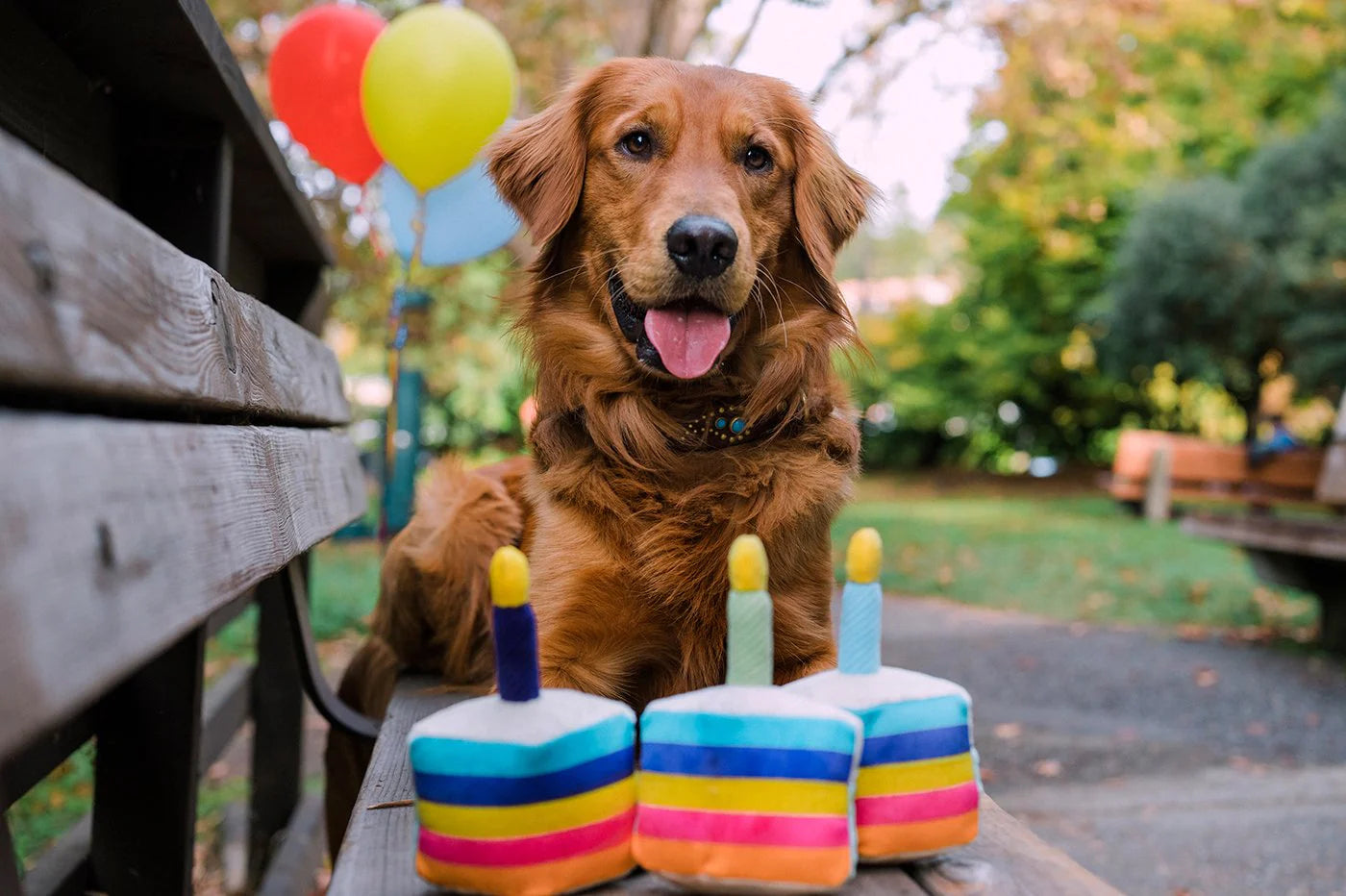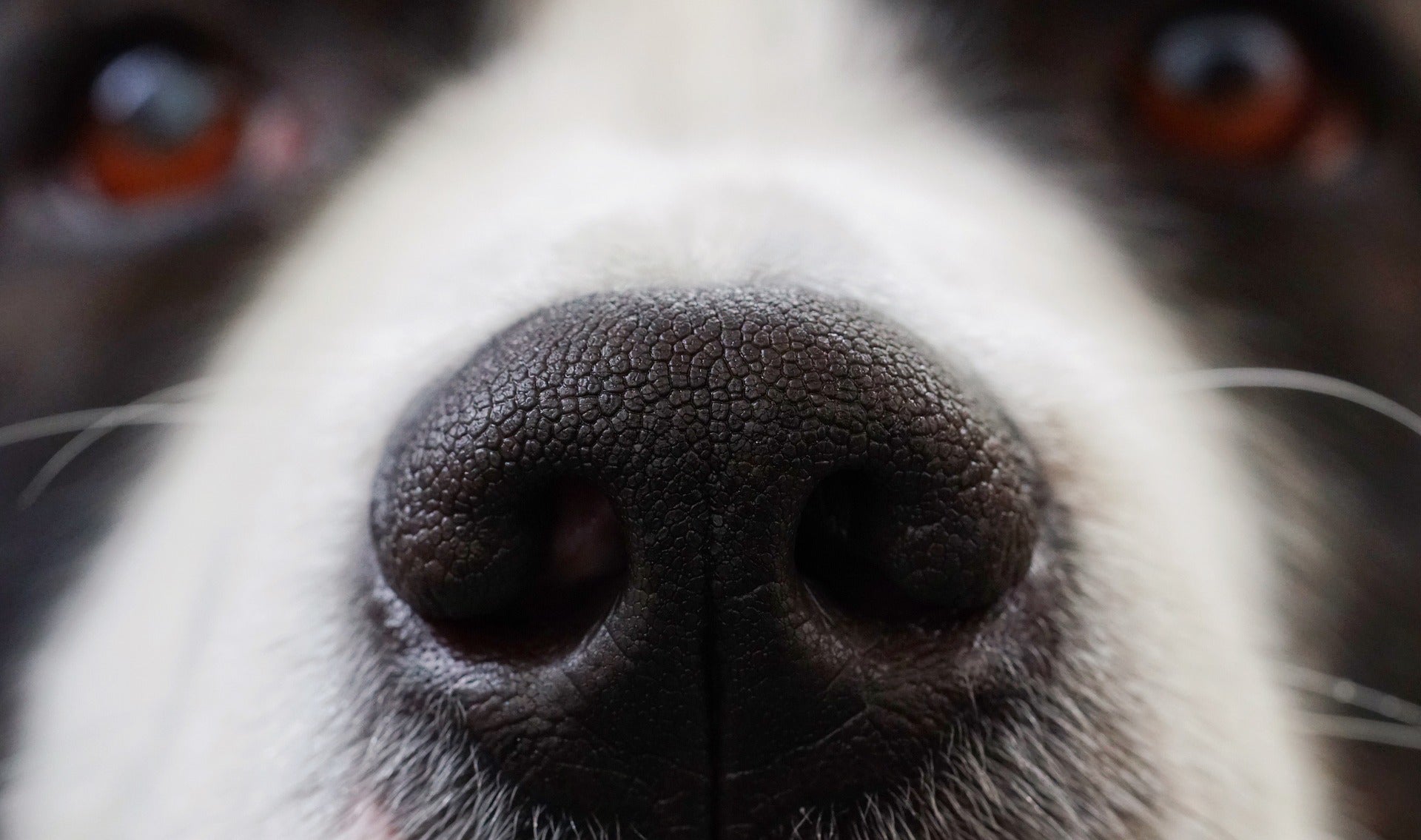Why dental care is so important for dogs
The teeth of the dog - just like that of the wolf - consists of 42 teeth and has hardly changed in three million years of development history. At the age of four to six weeks, puppies get their milk teeth, which initially consist of only 28 teeth.
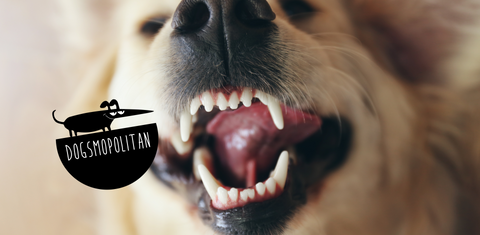
The change of teeth then takes place at three and a half to four months and is usually completed at the age of six months. Most dog breeds have what is known as a scissor bite, in which the upper incisors reach over the lower row of teeth. A special feature of the dog's teeth is that the dog hardly chews with the jaw joint, but that the back teeth act like crushing scissors. So forms the last premolar of the upper jaw and the first molar of the lower jaw a unit used to cut up flesh. The canines and fangs are primarily intended for biting into prey.
Healthy teeth and strong teeth are essential for health and a high quality of life in dogs. But just like us humans, our darlings can also get dental problems that are anything but harmless. Untreated tartar is considered to be the trigger for numerous tooth, mouth and jaw diseases. It forms the ideal breeding ground for bacteria that can lead to gingivitis and periodontitis. If bacteria get into the organism, it can damage the liver, kidneys or heart.
Unfortunately, most dogs will be affected by tartar at some point in their lives. It is important that you act as soon as you discover tartar on your darling. Because most of the resulting dangers can be prevented in this way.
In order to be able to detect tartar early, you have to check your dog's teeth regularly. It is best to get your fur nose used to this procedure from an early age. If the teeth are surrounded by a solid, yellowish to brownish mass that cannot be removed even by careful treatment with a dental fingerstall, it is most likely tartar. Then, unfortunately, the only thing that helps is going to the vet, who will remove the tartar under anesthesia. If you don't do this, you risk that your dog will develop gingivitis and later possibly periodontitis.
By the way, one indication that something is wrong with your dog's teeth is bad breath: If this persists for a certain period of time, you should definitely have the veterinarian take a close look at your fur nose's teeth.
So that treatment is not necessary in the first place, you can prevent it with regular dental care. You should therefore get your dog used to brushing their teeth early on.
Special toothpastes such as the Lila Dent toothpaste in combination with the tooth finger cot from our shop, are the perfect tools for cleaning your furry friend's teeth. Toothpastes for humans are not suitable for cleaning dog teeth because they contain substances that dogs cannot tolerate. In addition, you should let your darling chew a lot of hard things, for example chewing bones made from cattle scalp, chewing ears or special dental care sticks.
